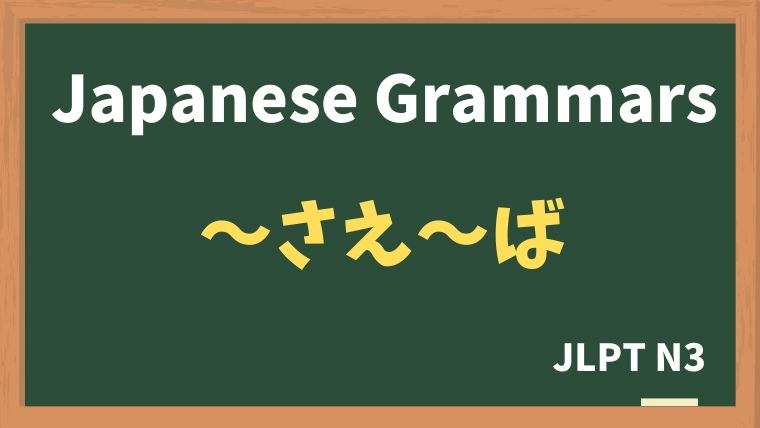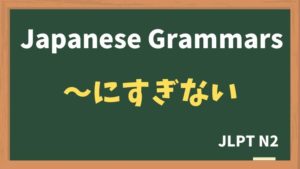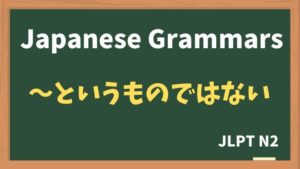
Explanation:〜さえ〜ば
fa-check-circleMeaning
"〜が実現できれば、他は問題ない。"
Used to indicate that as long as a certain condition is met, everything else will be fine or something specific will happen. It emphasizes the importance of that condition, often implying that it is the only requirement for a desired result.
fa-check-circleForm
V(masu form)ます + さえ〜ば
V(te form) + さえ〜ば
イAく + さえ〜ば
ナAで + さえ〜ば
N + さえ〜ば
fa-check-circlePoints
- Indicating a Necessary Condition: "〜さえ〜ば" is used to express that if only one particular condition is fulfilled, then everything will be okay or the outcome will be positive.
- Can Be Attached to Nouns, Verbs, and Other Parts of Speech: The condition expressed by "さえ" can be a noun, verb, or even an adjective, followed by "ば" to indicate the conditional form.
fa-check-circleJLPT Level
N3
Sample sentenes
お金さえあれば他に何もいらない。
If I had money, I wouldn't need anything else.
この漢字は読めさえすればいいです。書けなくてもいいです。
You just need to be able to read this kanji. You don't need to be able to write it.
給料さえもらえれば、どんな仕事でもいいです。
Any job is fine as long as I get paid.
息子が健康でさえいてくれれば、私は幸せです。
As long as my son is healthy, I'm happy.
住所さえわかれば、Google Mapで調べて行けます。
As long as I know the address, I can look it up on Google Maps and get there.
カップラーメンはお湯さえあれば食べられるので、とても便利だ。
Cup noodles are very convenient because you can eat them as long as you have hot water.
この薬を飲みさえすれば、すぐに治るよ。
If you just take this medicine, you'll get better quickly.
Vocabulary
| Japanese |
English | |
| 健康 | けんこう | healthy |
| 給料 | きゅうりょう | salary |
| 住所 | じゅうしょ | address |
| お湯 | おゆ | hot water |






